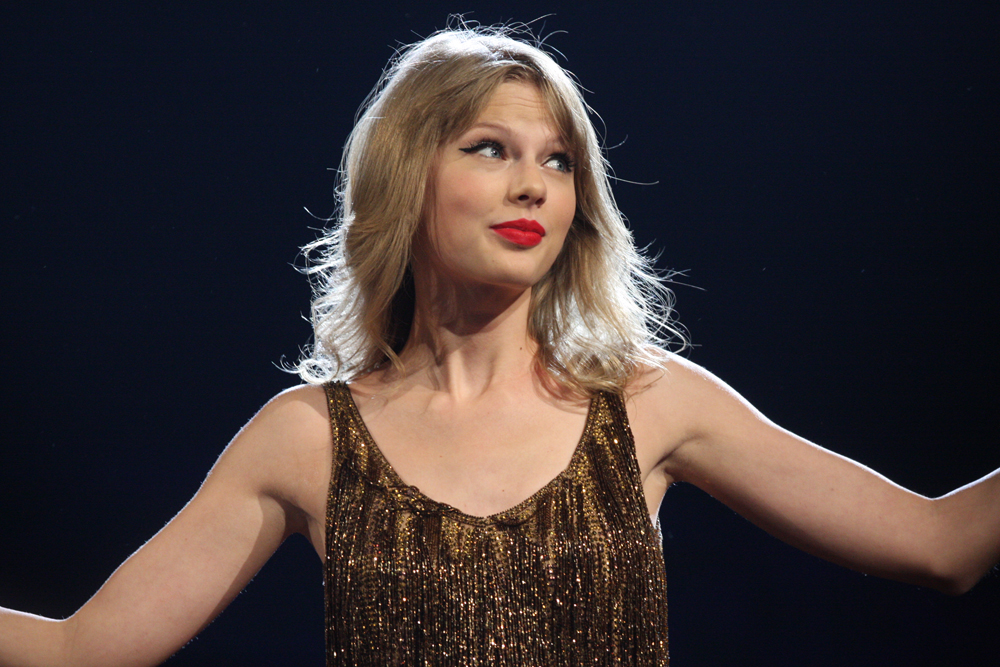If you cosplay and like anime, people think you’re cringy and weird. If you like Taylor Swift, people think you’re a crazy basic fangirl.
Whether you like K-pop, Manga, Sabrina Carpenter or Olivia rodrigo, everyone has an opinion on your taste and it’s never good. If you like anything at all and share it with the public, the backlash is immediate and loud.
Hate has become normalized online, especially on platforms like Tik Tok and Instagram. The loudest voices, often the most extreme, get the most attention.
Consider the Swifties, one of the most recognizable fan communities today. Taylor Swift’s success is built, in large part, on the dedication of her massive following.
But, with a big community, you’re bound to have a vocal minority that takes things too far.
While most Swifties support their idol through albums, shows and social media, a vocal group has turned defensive support into toxic aggression, sometimes even sending death threats to critics.
Death threats are serious. No one should face harassment from strangers over an opinion, but it’s important to remember these messages come from a vocal minority.
Many Swifties are just kids who look up to Swift, or adults who quietly enjoy her music. These fans make up most of her following, but they rarely speak up, leaving the loudest, most toxic voices to dominate the image of the fandom.
The problem isn’t unique to Swifties. Many fan communities are judged by their most toxic members, creating hostility from outsiders and even within their own groups.
I’ve had friends give me weird looks for saying I like a genre of music or a movie. I’ve seen people actively avoid talking to someone just because they’re bold about liking their interests.
However, all of this hate stems from a desperate need for belonging.
As human beings we strive to belong, to find people that are similar to us so we don’t feel as alone. In the process of this search for belonging however, we tend to outcast people even further, hating on something just because we don’t understand.
Not everyone’s going to like the same things, but that’s no reason to hate. If you can’t understand someone’s interests, there’s no harm in simply walking away.
Take the advice you learn as a kindergartener and if you don’t have anything nice to say, don’t say anything at all.
Pop culture gives people something to connect over — even for those who often feel like outsiders. Tearing down those connections doesn’t make us better. It makes us lonelier.
So maybe you don’t like Taylor Swift. Maybe you think cosplay is weird or K-pop fans are cringy and boy-crazy. That’s your opinion and it’s fine to have one.
At the end of the day, it makes that person happy and with the state of the world right now, a little extra happiness might not be so bad.
This article originally appeared in the Summer 2025 print edition.




